What are the pediatric vaccines according to age and side effects after injection?
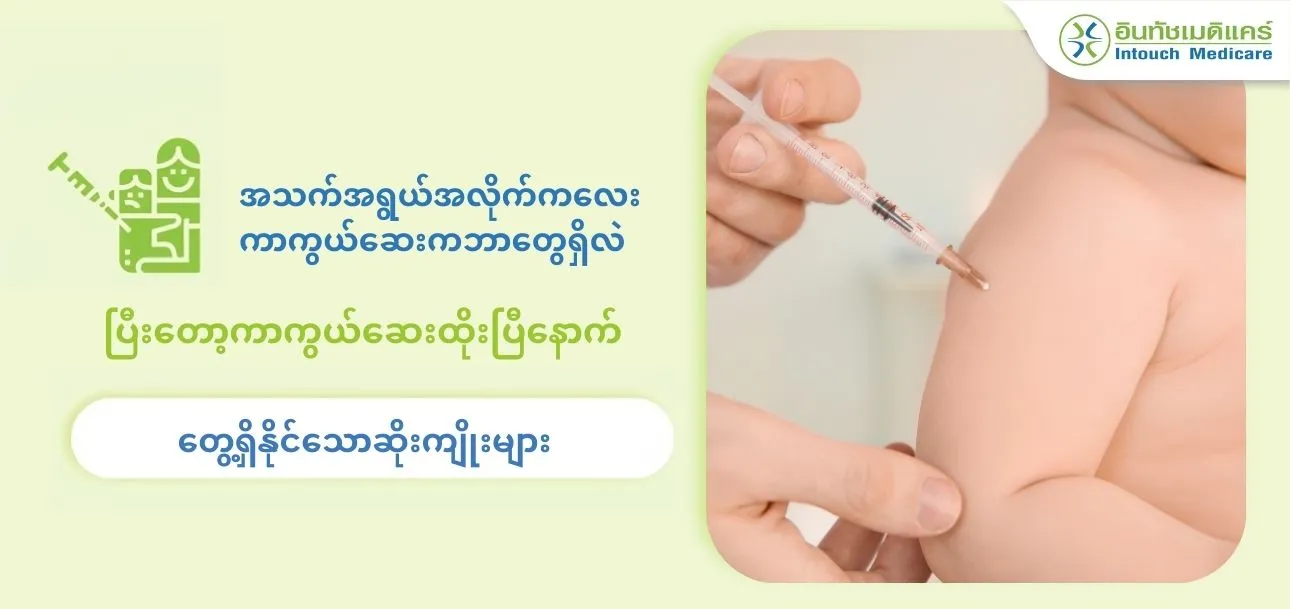
Children's vaccines are like a protective shield, a gift of love from parents. While the baby is still unable to take care of himself, vaccination is an essential way to strengthen his immunity, helping him grow up healthy, which will impact his future life. Ensuring your little one is fully vaccinated according to their age is something that must be given great attention.
Important Topics About Childhood Vaccines
I forgot to take my child to the vaccination appointment, what should I do?
- How long can a vaccination appointment be postponed?
Why do I need to take my child to get vaccinated?
Parents should bring their children to get vaccinated because the immunity of newborn babies is fragile and not strong enough. Although they receive some immunity from the mother, this immunity is short-lived. Especially if the baby is born prematurely, the immunity will be even less than that of a normal baby. Therefore, it is highly recommended to vaccinate. Other reasons why children should be vaccinated include:
Helps strengthen immunity for children in the long run.
Helps prevent the risk of disease or reduce the severity and death if infected.
Helps prevent childhood disabilities such as polio.
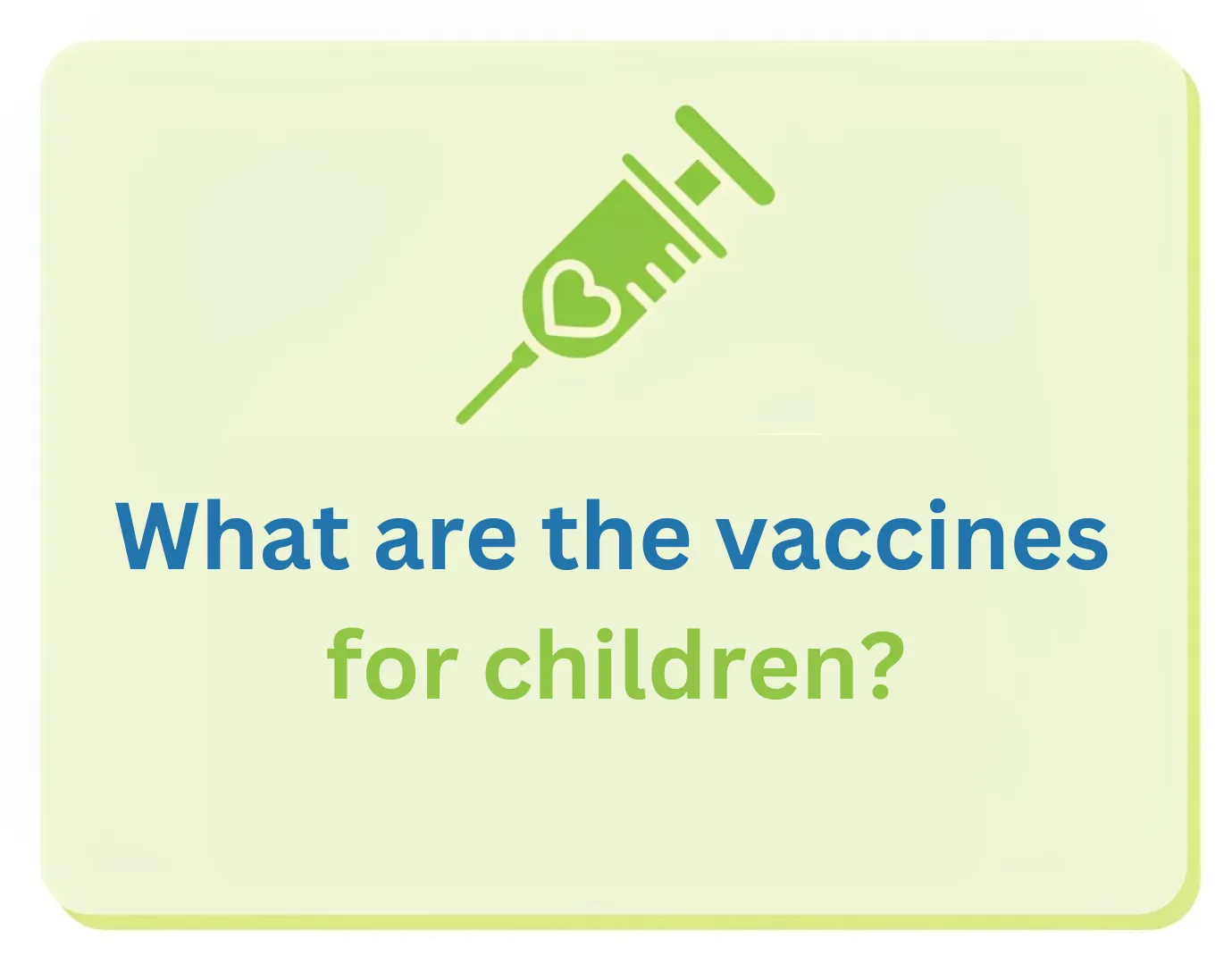
BCG Vaccine to Prevent Tuberculosis
Diphtheria Vaccine - Tetanus Vaccine - Smallpox Vaccine
Poliovirus Vaccine: Protects against neurological diseases such as limb weakness and paralysis.
Hib Vaccine: Protects against meningitis, sinus, and bronchial diseases.
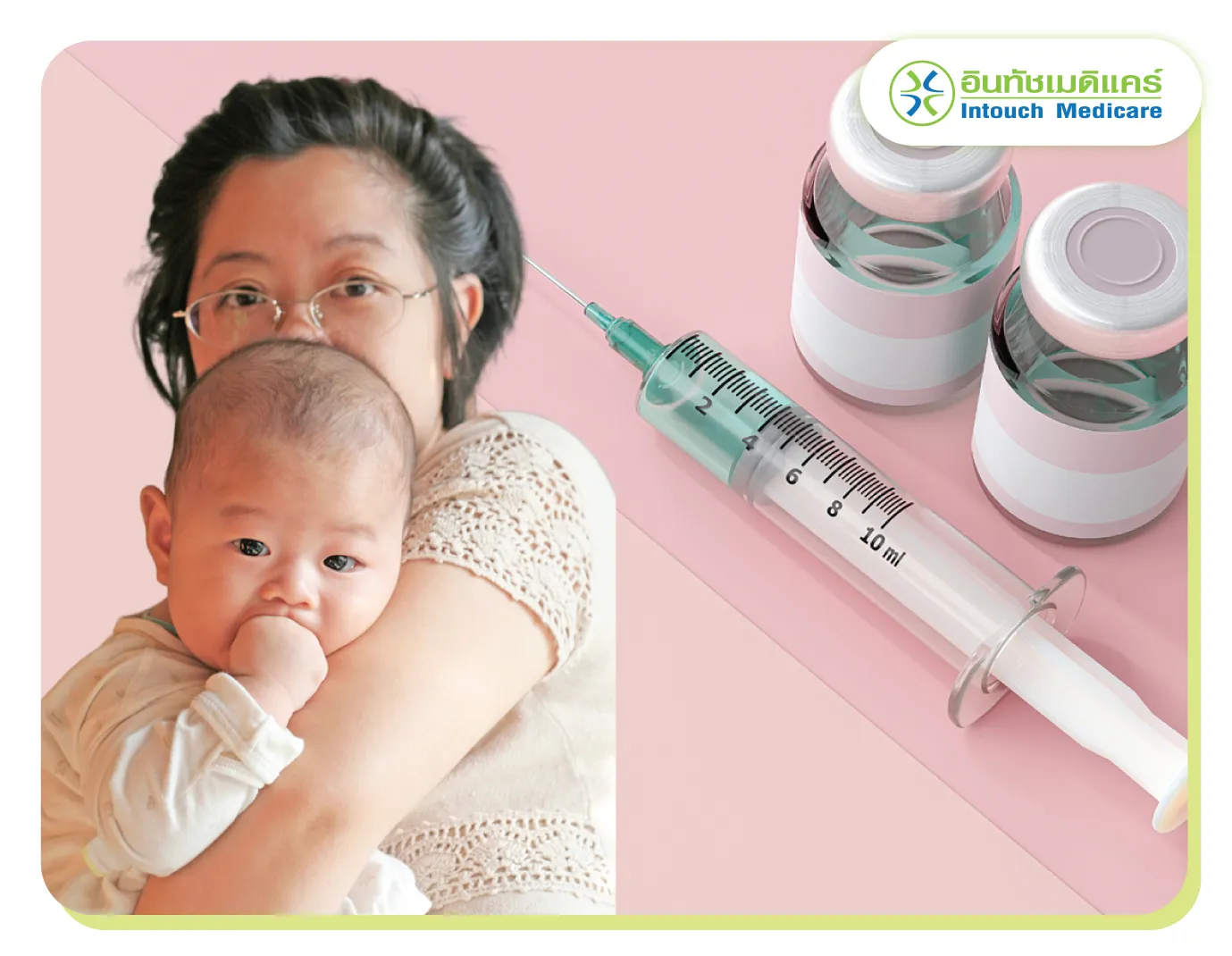
Hepatitis B Vaccine: Protects against viruses that cause liver infection and inflammation.
Measles-Rubella-Mumps (MMR) Vaccine
JE Encephalitis Vaccine: Prevents encephalitis caused by the JE virus, transmitted to a person by a black mosquito or nuisance mosquito bite.
Rota Vaccine: Prevents diarrhea caused by the rotavirus. This vaccine is administered orally.
Combined Disease Vaccine
Vaccines for 6 diseases: Diphtheria vaccine, pertussis vaccine, tetanus vaccine, polio vaccine, Hib vaccine, hepatitis B vaccine.
Vaccines for 5 diseases: Diphtheria vaccine, whooping cough vaccine, tetanus vaccine, injectable polio vaccine, Hib vaccine.
Vaccines for 4 diseases: Diphtheria vaccine, pertussis vaccine, tetanus vaccine, injectable polio vaccine.
Basic childhood vaccines that all children need to receive.
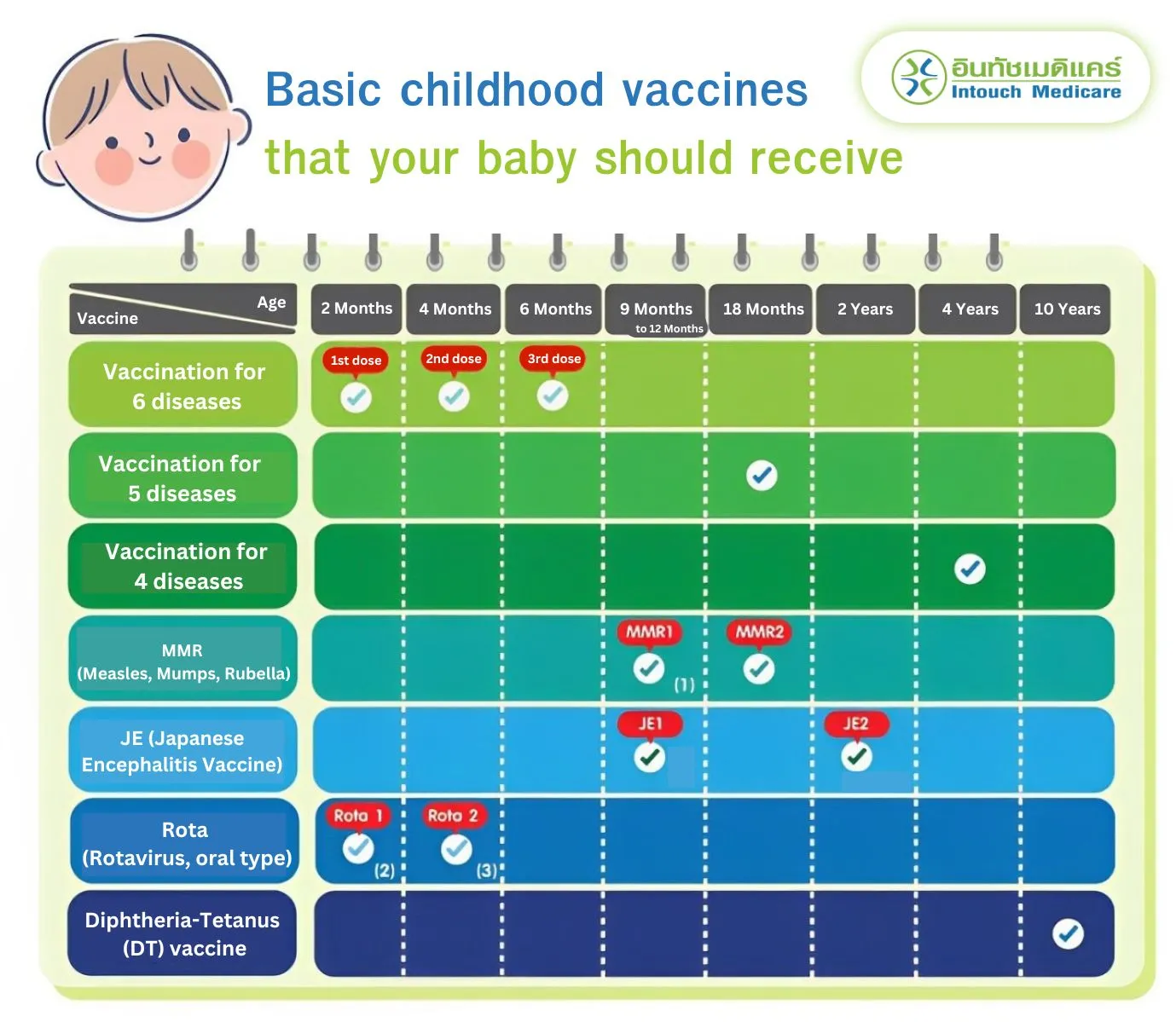
Basic childhood vaccines, which all children need to be vaccinated, can be divided into child vaccinations according to age as follows:
Baby
Newborn children should be vaccinated with BCG (Bacillus Calmette-Guérin).
Infant 2 months
Diphtheria-tetanus-whooping cough-hepatitis B-Hib (1st vaccine for 6 diseases)
Polio (1st injection)
Infant 4 months
Diphtheria-tetanus-whooping cough-hepatitis B-Hib (6 diseases vaccine, 2nd dose)
Polio (2nd instillation/injection)
Infant 6 months
Diphtheria-tetanus-whooping cough-hepatitis B-Hib (6 diseases vaccine, 3rd dose)
Infant 9 months
Measles-Mumps-Rubella Vaccine (1st MMR)
JE 1st Vaccine
Child 18 months (1 year 6 months)
Measles-Mumps-Rubella Vaccine (2nd MMR)
Vaccines for 5 diseases (diphtheria - whooping cough - tetanus - injectable polio vaccine - Hib)
2 years old
JE Encephalitis Vaccine (2nd JE)
4 years old
Vaccines for 4 diseases (diphtheria - pertussis - tetanus - injectable polio)
10 years old
Diphtheria-tetanus (DT) vaccine
Note:
(1) If MMR vaccination has not been received at 9 months of age, follow up as soon as possible.
(2) The earliest age for the first dose of the Rota vaccine is 6 weeks.
(3) The second dose of the Rota vaccine should be given to children up to 24 weeks of age, with an interval of at least 4 weeks between doses.
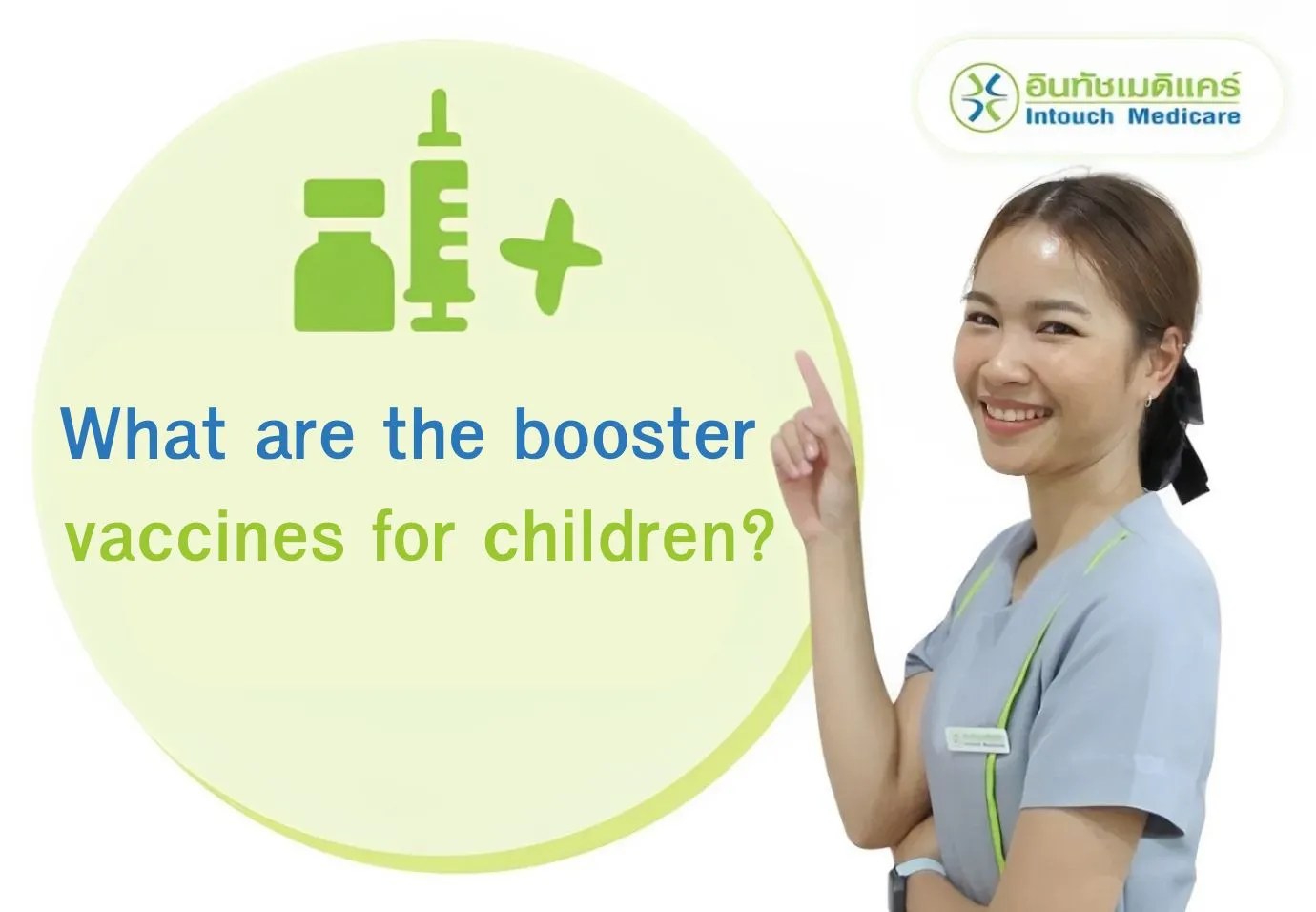
Pneumococcal vaccine (conjugate type)
EV71 vaccine
Hepatitis A vaccine
Chickenpox (VZV) or combined measles-mumps-rubella-chickenpox vaccine (MMRV)
Dengue vaccine
Rabies vaccine (injection before exposure)
Is it necessary to get a booster shot?
Booster vaccines might not always be necessary due to their high cost. However, they can be a good option for those who want to enhance their baby's immunity.
Recommended booster vaccines:
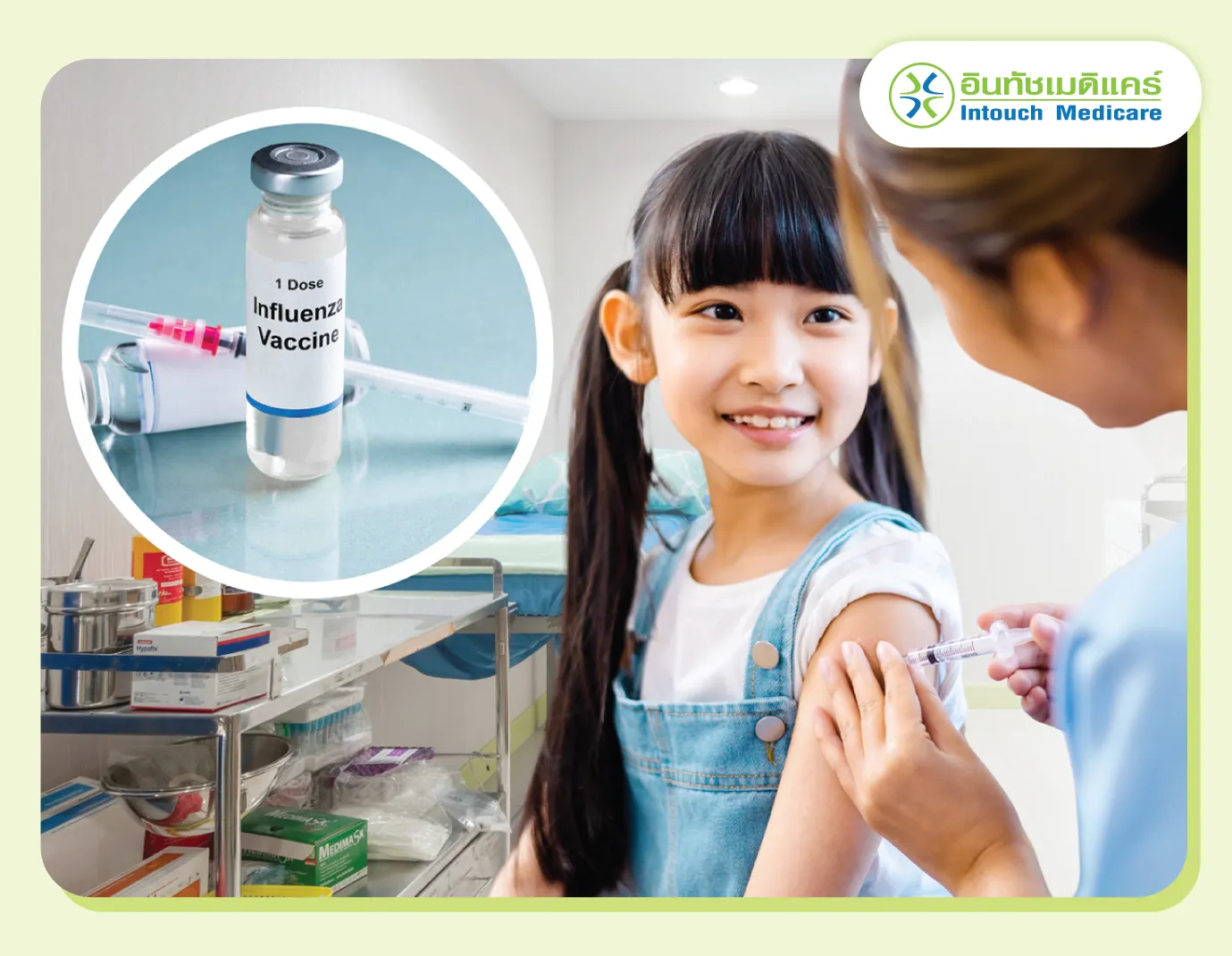
The influenza vaccine can be administered to individuals aged 6 months and older. It is particularly recommended for children under 5 years old and those with heart disease, chronic lung disease, asthma, obesity (BMI greater than 35), immunodeficiency, or chronic diseases.

The HPV vaccine can be administered to both men and women aged 9-26 years to prevent diseases caused by HPV, such as cervical cancer, ovarian cancer, genital warts, testicular cancer, and others. This vaccine is most effective when given to individuals who have never had sexual intercourse. For those over 27 years old, additional considerations on a case-by-case basis are necessary.
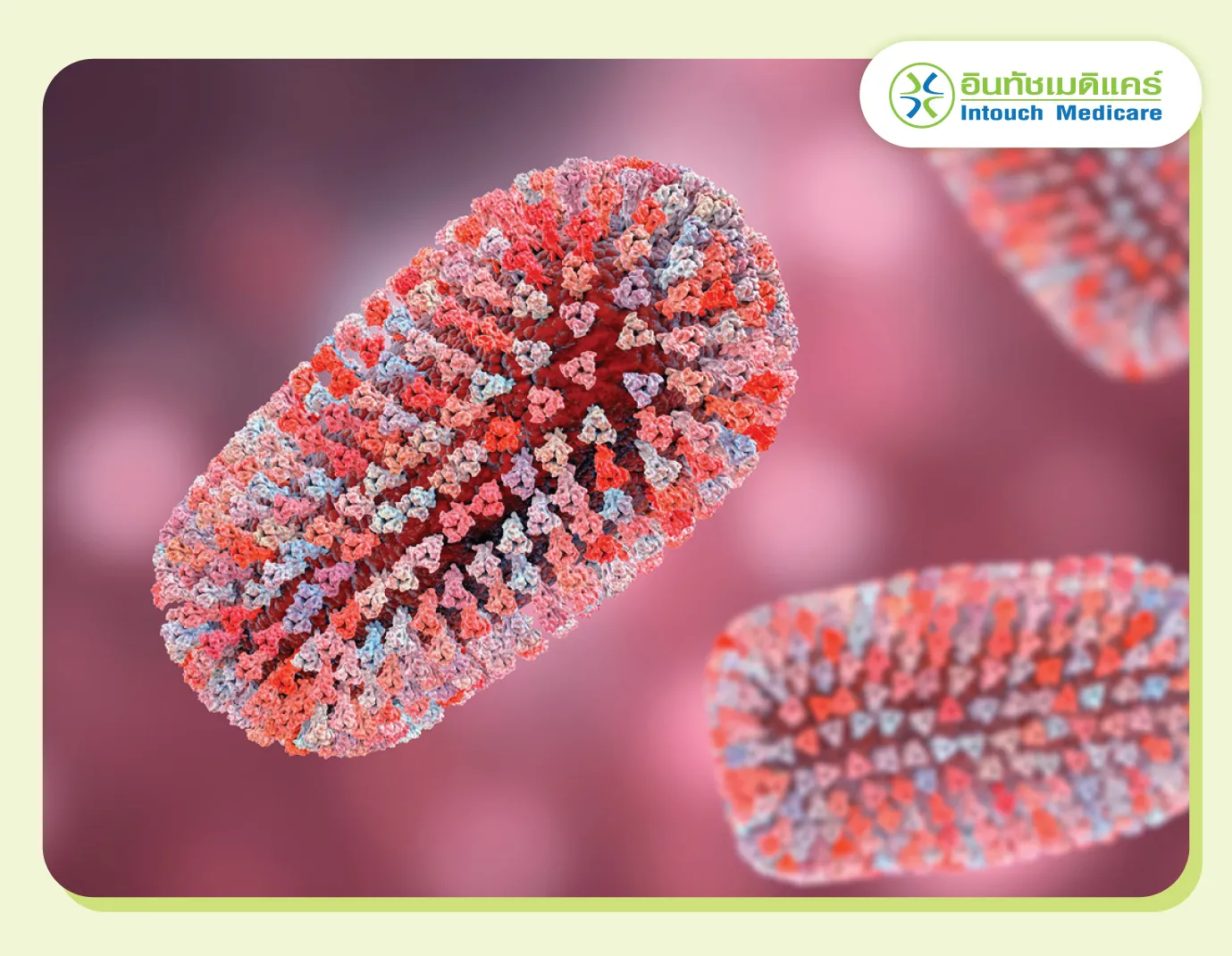
The rabies vaccine can be administered from 2 months of age and is suitable for individuals at risk of infection, such as those with pets that are mammals (e.g., dogs, cats) or those in environments with mammals where there is a risk of being bitten or scratched.
The pneumococcal vaccine (IPD) can be administered from 2 months of age to help prevent invasive pneumococcal disease (IPD). This vaccine is particularly important for children with underlying conditions such as lung disease, diabetes, asthma, heart disease, kidney disease, etc. It is also recommended for people who are immunocompromised, have a cerebrospinal fluid leak, live in an environment where people smoke, and for young children under the age of 2.
Side effects of the pediatric vaccine
Side effects of the pediatric vaccine may occur after injection. The symptoms that parents need to watch out for are:
Pain, swelling, and redness at the vaccination site
High fever and fever lasting more than 2 days
Excessive coughing, panting, runny nose, and rash on the body
Seizures
"However, if severe or unusually long-lasting symptoms are found, parents should take their baby to the doctor as soon as possible ![]() for immediate examination and treatment. If left unattended, it may be dangerous."
for immediate examination and treatment. If left unattended, it may be dangerous."
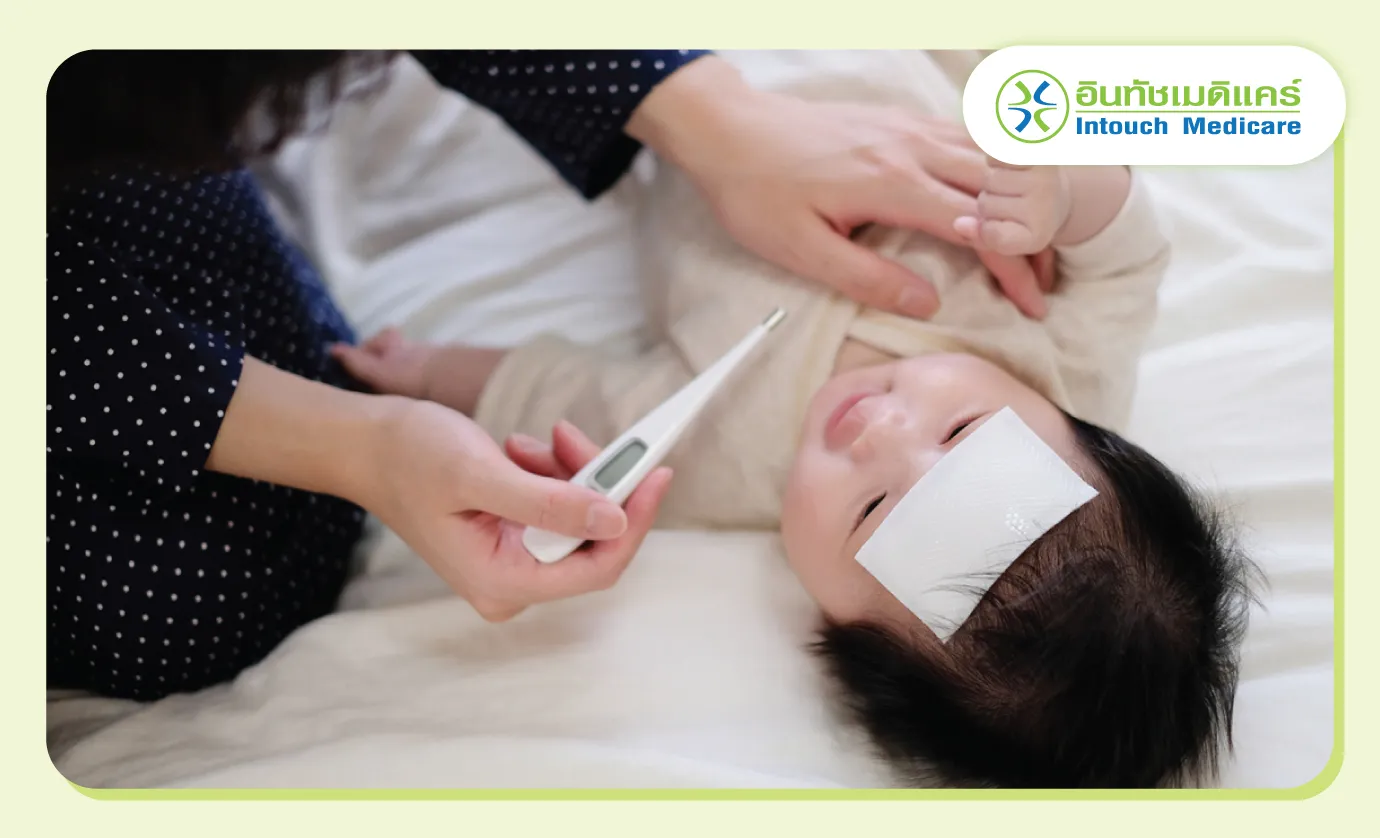
Advice if your baby has a fever after receiving the vaccine
Regularly wash your baby's body.
 Toweling can help reduce the fever. Do not use cold water or alcohol to wipe, as this may cause the fever to rise.
Toweling can help reduce the fever. Do not use cold water or alcohol to wipe, as this may cause the fever to rise.Give antipyretic drugs, such as paracetamol, during fever symptoms.
Have your child wear light clothing to help cool down.
Ensure your baby drinks enough water.
Is it okay not to fully vaccinate children?
If a child is not fully vaccinated, it is considered very dangerous. ![]() Childhood vaccines protect against severe and life-threatening diseases. These diseases are rare today because most children are vaccinated. If your child is not fully vaccinated, there is a higher chance of contracting diseases that should be easily preventable and experiencing severe symptoms.
Childhood vaccines protect against severe and life-threatening diseases. These diseases are rare today because most children are vaccinated. If your child is not fully vaccinated, there is a higher chance of contracting diseases that should be easily preventable and experiencing severe symptoms.
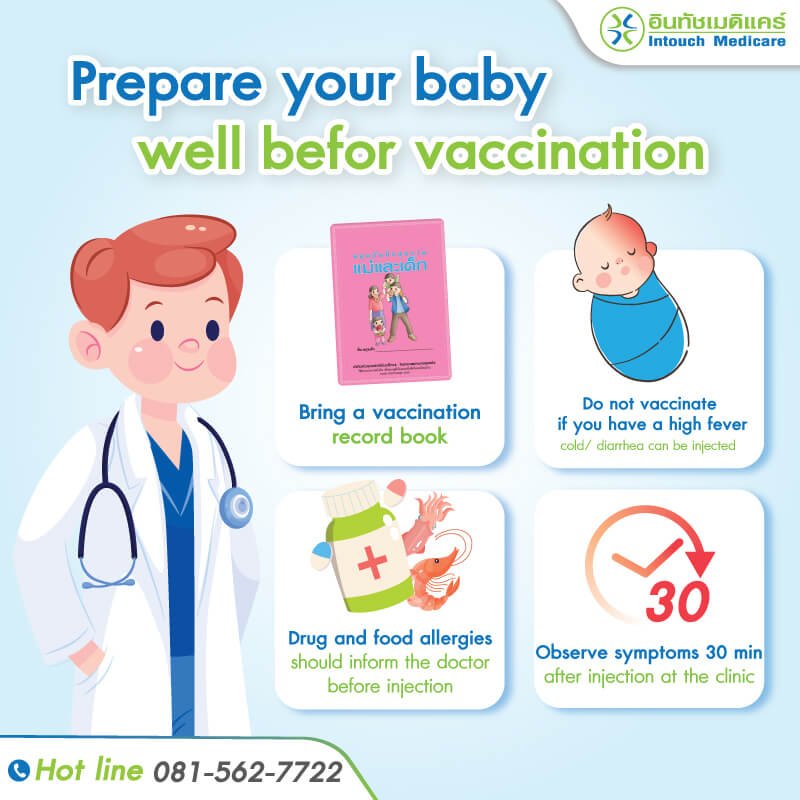
Preparing to take your baby to get vaccinated
Parents should always bring their child's vaccination diary
 with them when receiving a vaccine.
with them when receiving a vaccine.Do not get vaccinated if your child has a high fever or acute illness, except for colds or diarrhea without fever.
If your child has an allergic reaction to any medication or food, inform your doctor or nurse before getting vaccinated.
After the child has been vaccinated, do not go home right away. Wait at least 30 minutes in the clinic to observe for any allergic reactions.
I forgot to take my child to the vaccination appointment, what should I do?
If parents forget to take their children to their vaccination appointments. You should consult your doctor to follow up with vaccinations until the criteria are complete. Because each type of vaccine has a different injection period.
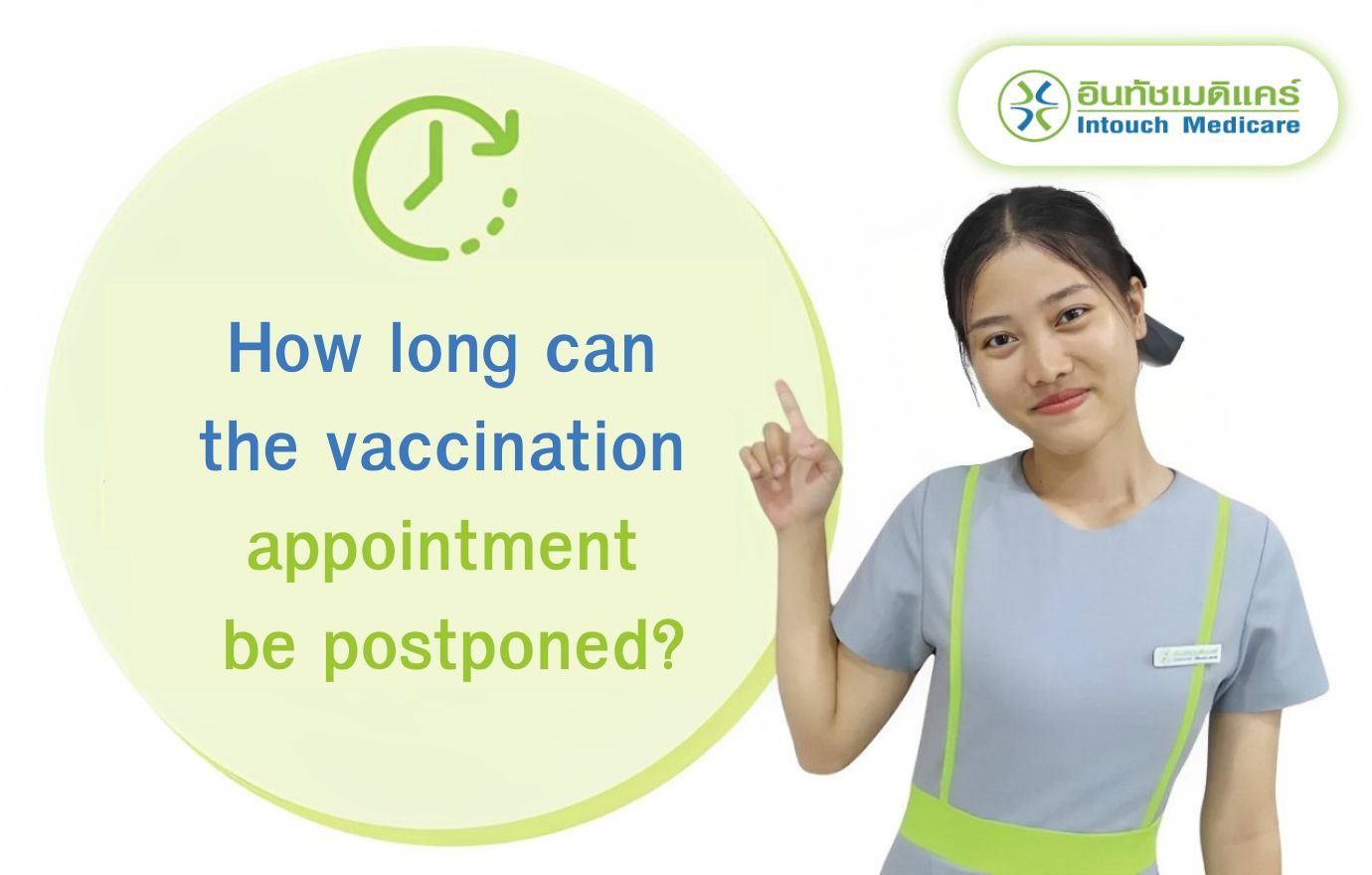
How long can a vaccination appointment be postponed?
The postponement period for childhood vaccinations depends on the type of vaccine and which germs are being protected against. Some can be re-injected, while others may need to be restarted from the first dose. Therefore, it is recommended that parents consult a doctor before postponing an appointment.
"If possible, the baby should be taken to the basic pediatric vaccination appointment for the baby's safety."
Vaccinating children on time and in accordance with the prescribed schedule is like building a protective shield with the love that parents have for their babies.
Parents can bring their children to get vaccinated at Intouch Medicare Clinic. You can search for 'Childhood Vaccination Near Me' on Google
Reference
- The Thai Child and Adolescent Vaccination Schedule 2024, recommended by the Pediatric Infectious Diseases Association of Thailand.
For more info and make appointment
Hot Line 081-562-7722
Composer : Intouchmedicare
Last edited : 06/06/2024


